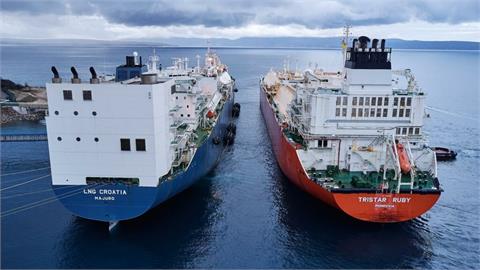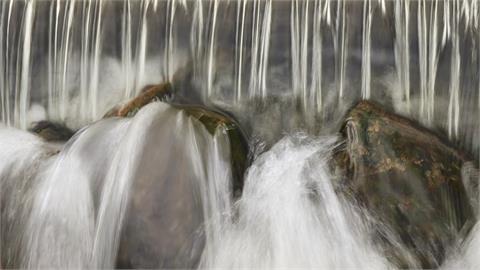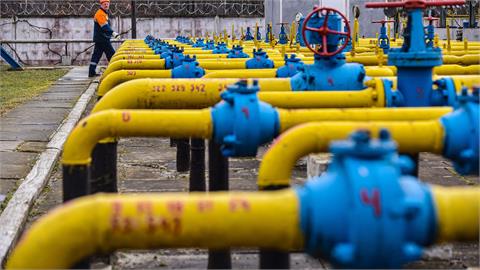Montenegro, Serbia and the Republic of Srpska agreed to jointly develop projects in the energy sector including hydropower and grids and to speed up resolving their disputes
At a meeting in Belgrade, the ministers of energy and mining of Montenegro, Serbia and the Republic of Srpska also focused on the Buk Bijela hydropower project and the Bileća lake issue. Buk Bijela is being jointly built by the Republic of Srpska, one of the two entities making up Bosnia and Herzegovina, and Serbia. But Montenegro and the Federation of Bosnia and Herzegovina, the other entity, have disputed the investment. Montenegro has long sought the rights to water and hydropower from the Bileća lake, located in the Republic of Srpska.
Serbia’s minister Dubravka Đedović Handanović said they discussed energy challenges that are similar for all three parties, including how to increase renewable energy production, accelerate the development of the transmission network and bolster energy security.
In her words, many energy projects have cross-border impact, so all three sides and other states in the region need to cooperate. Đedović Handanović said she and her counterparts agreed to work on linking their grids and that the Trans-Balkan Electricity Corridor is one of the most important investments.
Đedović Handanović: Either we will all be winners or at a loss
According to the minister, the project will connect the markets of Romania and Serbia with BiH, Montenegro and Italy, and it allows the proposed pumped storage hydropower plant Bistrica to be connected to the grid.
“Either we will all benefit from new capacities and from connecting the transmission systems or we will be at a loss, because we will be more energy dependent and less energy secure,” she said.
Environmental impact assessment studies need to be finished for the Buk Bijela project, and afterwards the main contractor would be selected, Đedović Handanović pointed out.
“We discussed how to remove obstacles in the project and reach a sustainable solution,” she said.
Đedović Handanović stressed there is a possibility for Serbia and Montenegro to jointly build the Komarnica and Kruševo hydropower plants.
Mujović: We are all on the same train
Minister of Energy and Mining of Montenegro Saša Mujović said the entire region is on the same energy transition train and that it would be going through ravines and gorges for many more years to reach the point where all countries have sufficient amounts of electricity and the jobs for all people from which the energy transition is trying to snatch their daily bread.
According to the minister, the energy transition in Montenegro will mean shutting down coal power plant Pljevlja. He argued it is difficult to make such a decision, citing energy, economic, and social costs. But the country has green energy potential and investors are interested, whici is enough to find an alternative for the thermal power plant, Mujović said.
The more united we are, the stronger we will be
“The more united we are and the more we jointly act with regard to the Energy Community and defend our goals, the stronger we will be,” he added.
Grid development is particularly important for all three parties, because it will allow the use of renewable energy potential, the minister asserted.
He pointed out that he supports a solution that would meet the demands of Montenegro in relation to the Bileća lake, but not at the expense of its neighbors. “Minister of Mining and Energy of the Republic of Srpska Petar Đokić demonstrated goodwill to solve this issue, and now we are waiting for their offer,” Mujović added.
He stressed Montenegro would not block the construction of HPP Buk Bijela either, but that it is seeking expert opinion on whether the Durmitor national park would be jeopardized. “If no, we have nothing against it,” Mujović said.
Đokić: We will propose a compensation model for the Bileća lake, experts will decide on Buk Bijela
Minister Petar Đokić confirmed that the Republic of Srpska would propose to Montenegro a compensation model for the Bileća lake, similar to the one it applies to its municipalities. He agreed with Mujović that experts need to decide on the Buk Bijela project.
The people who tried to stop the Upper Drina (Gornja Drina) hydropower project, which would consist of hydropower facilities Buk Bijela, Foča and Paunci, didn’t have development on their mind, but political agendas, he claimed.
The construction of Buk Bijela has not been halted
The Republic of Srpska has made all the documents on HPP Buk Bijela available to European institutions, and the environmental impact assessment study will be finished soon, he said.
“The investment has not been halted,” Đokić claimed and added that preparatory works are in the final stage.
He reiterated that the Republic of Srpska had the right to approve a concession for the Upper Drina project. “If BiH authorities terminate the project, we will start an arbitration and win it,” Đokić said.
(balkangreenenergynews.com, March 8, 2024)



